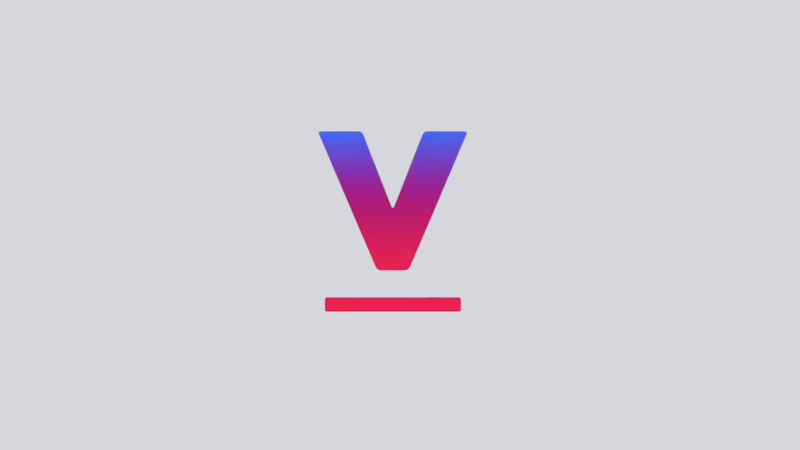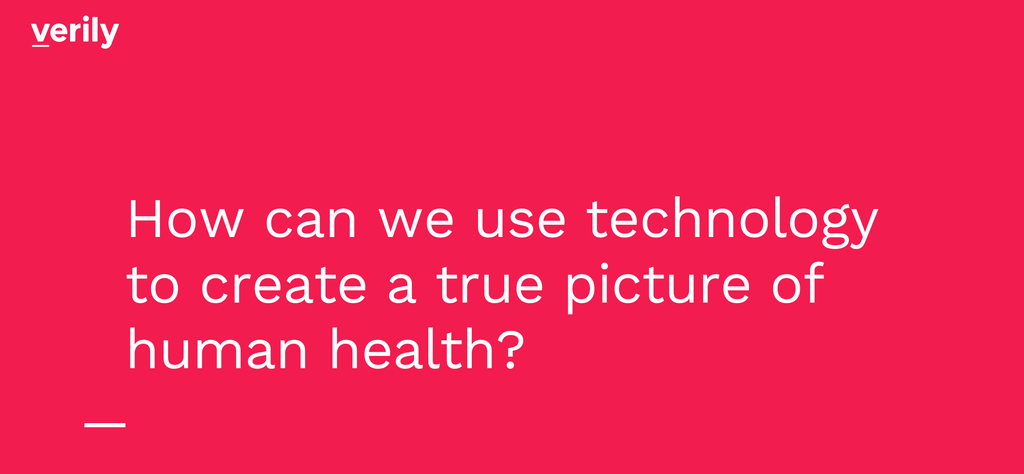Yours, Verily
Alphabet's Life Science division debuts a new name
Meet Verily, the latest division under Alphabet's umbrella.
The word means "truly" or "certainly". It dates back to the Middle English of the 14th century and does occasionally appear in the King James Bible. However, in terms of common use, it hasn't been used since... well, quite a long time ago.
Verily is a life sciences company that graduated from Google's moonshot factory, Google[x]. They started out as the life sciences team in Google[x], working on a smart contact lens that detects blood glucose levels in 2012, eventually spinning-off as an independant company.

Based on their new website, Verily is focused on "using technology to better understand health, as well as prevent, detect, and manage disease".
As a medical student fascinated by technology, this resonates with me, hard. It really does excite me.
Verily's mission involves moving healthcare from reactive to proactive/preventative, from generalised to personalised. They want to make health more about being continuous rather than episodic. And with a diverse, multidisciplinary team, it sure looks like they stand a good chance of doing just that.
A single discipline isn't going to cure disease
Verily is led by their CEO, Andy Conrad. Formerly the chief scientific officer of LabCorp, he is a cell biologist and has co-founded the National Genetics Institute, which developed the first cost-effective test to screen for HIV in blood supply.
His team at Verily is truly a multidisciplinary one. It comprises of engineers, doctors, scientists, and statistics gurus, with a single mission of improving healthcare. To better understand the bigger picture, they even have a philosopher on their team to figure out the "why" of what people do.
To detect disease earlier, understand it better, and intervene in the course of the disease more precisely, Verily has already started with their long journey. For example, they've started to develop a contact lens with an embedded glucose sensor to detect glucose levels in tears. The Baseline Study is currently ongoing to better recognise what a healthy person is. Recently, they've also filed a patent for a "needle-free blood draw" system.

Health isn't and shouldn't be about the yearly doctor visits. 23andMe (another company that I'm a huge admirer of) CEO, Anne Wojcicki hit the nail on the head when she said, "Health is about what you do every single day”.
We don't even know what being "healthy" means yet. We think that as long we aren't feeling ill, we are healthy. That sure isn't the case. How many times have doctors found tumours in patients when they weren't actually looking for them?
The healthcare industry hasn't fully embraced technology as an equal in solving the largest problems we are currently facing. Even if the industry does, more often than not, it takes ages for the tech to reach physicians and patients. And rightly so, for a couple of reasons.
As an industry that involves human life, the margin of error is incredibly tiny. Should the technology that we use to help patients fail, the consequences are unforgiving. Bureaucracy surrounding the industry as a whole also plays a part with limiting innovation. A lot of the time, we are focused on what we can't do instead of what we can - we find more reasons for saying "no", instead of more reasons for saying "yes".
We find more reasons for saying "no"
One fine day in the near future, I hope to look back and chuckle to myself at how we faced the problems that are plaguing healthcare. Verily represents an ideal of hope - that we can have world in which technology and life sciences are in congruence with one another to reveal new truths about health and disease.
And with a practical and real approach to scientific development, that world verily looks more like reality instead of a dream.
No comments
Post a Comment